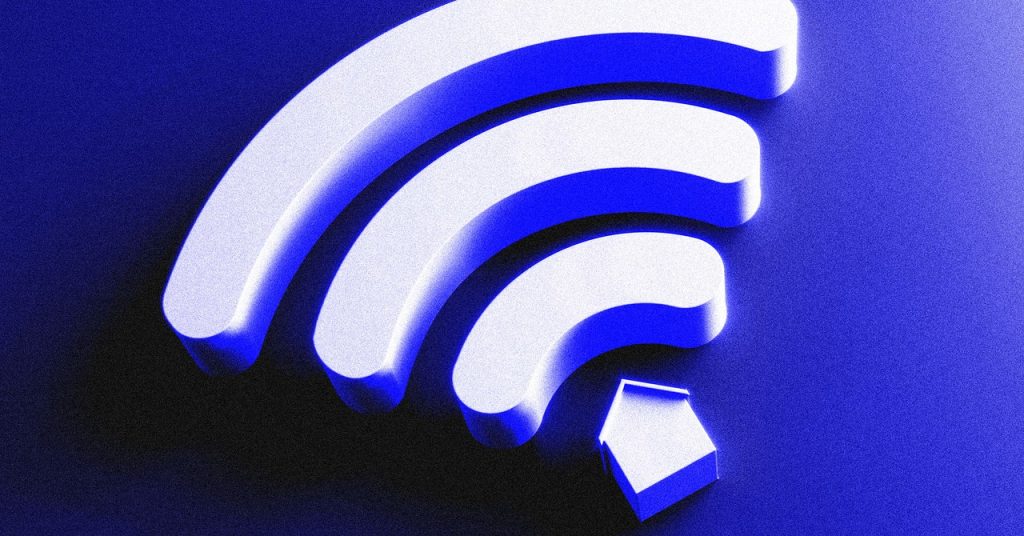The End of Affordable Internet: How the ACP’s Expiration Impacts Low-Income Households
The Struggle to Maintain Connectivity
For many low-income individuals, the expiration of the Affordable Connectivity Program (ACP) means a significant increase in their monthly internet bills. Take the case of Perez, who currently pays around $35 per month with a $30 discount. Once the discount ends, his bill will skyrocket to over $60 per month. Despite the challenges, Perez recently used his data plan to assist a former roommate living on a fixed income, helping him upload housing documents that were difficult to process due to limited internet access.
The Importance of the ACP in Bridging the Digital Divide
FCC chair Jessica Rosenworcel emphasized the critical role of the ACP in closing the nation’s digital divide, stating:
“If we want to close our nation’s digital divide, the Affordable Connectivity Program is not nice-to-have, it’s need-to-have. We’ve come too far to turn back now.”
However, despite her plea, the program’s end was imminent.
The Impact on ACP Recipients
A recent FCC survey revealed that 77% of ACP recipients would face disruptions to their internet service if they lost their benefit, either forcing them to change their plan or cancel their service entirely. Before receiving the ACP benefit, about half of the respondents had no internet service or relied solely on mobile internet, with slightly more than half of rural residents reporting the same.
The survey also highlighted the importance of ACP-subsidized internet for various aspects of life, such as education, healthcare, and work. An overwhelming number of young respondents (aged 18-24) used the benefit for online schoolwork, while 72% of all respondents used it to schedule or attend health care appointments, and nearly half used it for work purposes.
The Struggle of Freelancers and Remote Workers
Alex S., a freelance digital media marketer in Burbank, California, has been using his ACP benefit to boost internet speeds for remote work. As a “serial ISP promo negotiator,” Alex managed to reduce his $130-per-month internet plan to nearly $50 per month with promotional discounts and the ACP benefit. However, with the expiration of the ACP, his costs will spike again, forcing him to secure new clients quickly or turn to short-term gig work to make ends meet.
Efforts to Extend the ACP
A bipartisan group of US senators and representatives has called for an additional $7 billion to extend the ACP through the end of the year, with support from the White House. However, the proposal has not yet advanced in Congress.
Telecom and ISP Responses
In response to the ACP’s expiration, some telecoms and ISPs are offering short-term subsidies and new discount plans to support low-income households:
- AT&T will continue to offer its Access Plan home internet for $30 per month, providing eligible customers with data speeds of up to 100 Mbps.
- Verizon is offering a plan starting at $0 per month for new home-internet customers and up to $20 per month for some new and existing customers, with speeds starting at 300 Mbps.
- T-Mobile‘s Assurance mobile plan will see no changes to wireless bills throughout August, meaning it will cost $0 for calls, texting, and data on a “strong and reliable 4G LTE signal.”
- Metro, part of T-Mobile, will continue to offer a $15 reduction in Perez’s mobile bill throughout the summer.
Despite these efforts, the expiration of the ACP will undoubtedly have a significant impact on low-income households struggling to maintain affordable internet access. As the digital divide persists, it is crucial for policymakers and industry leaders to find sustainable solutions to ensure that all individuals have access to the connectivity they need to thrive in today’s digital world.

3 Comments
Ah, the joy of temporary fixes masquerading as long-term solutions!
Is it truly sustainable, or just a stopgap before the next digital divide?
Sounds nice on paper, but who’s picking up the tab when the funds dry out?